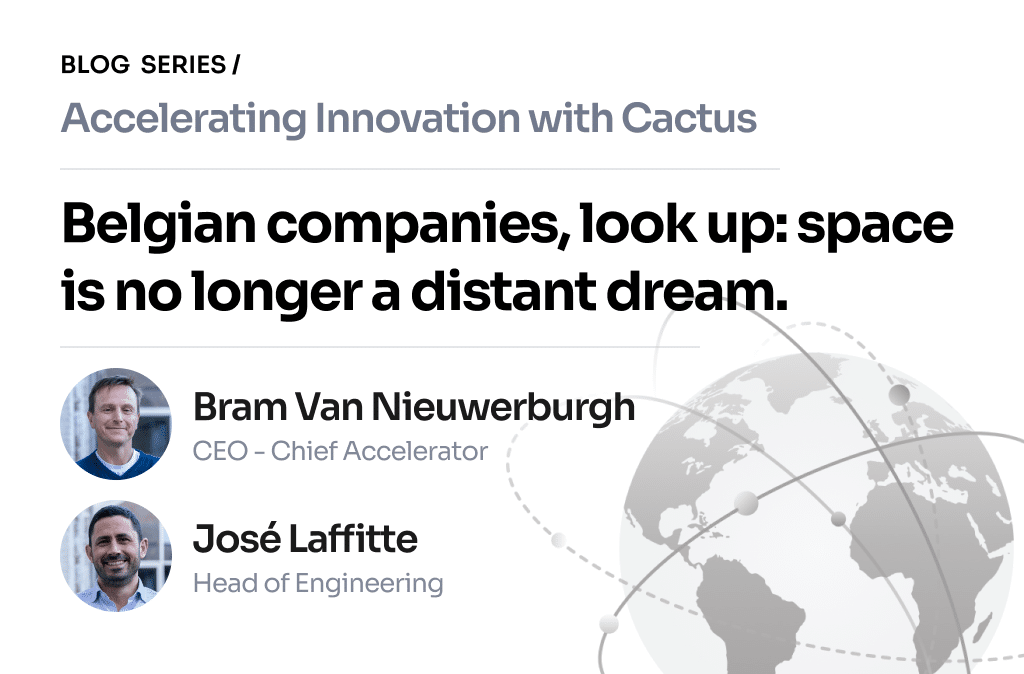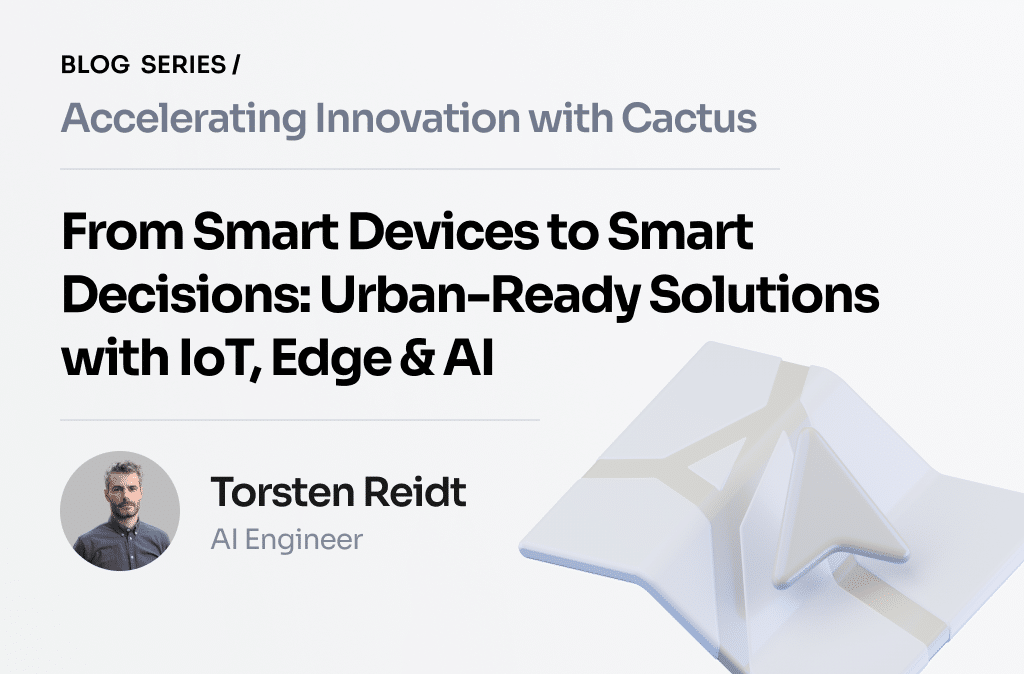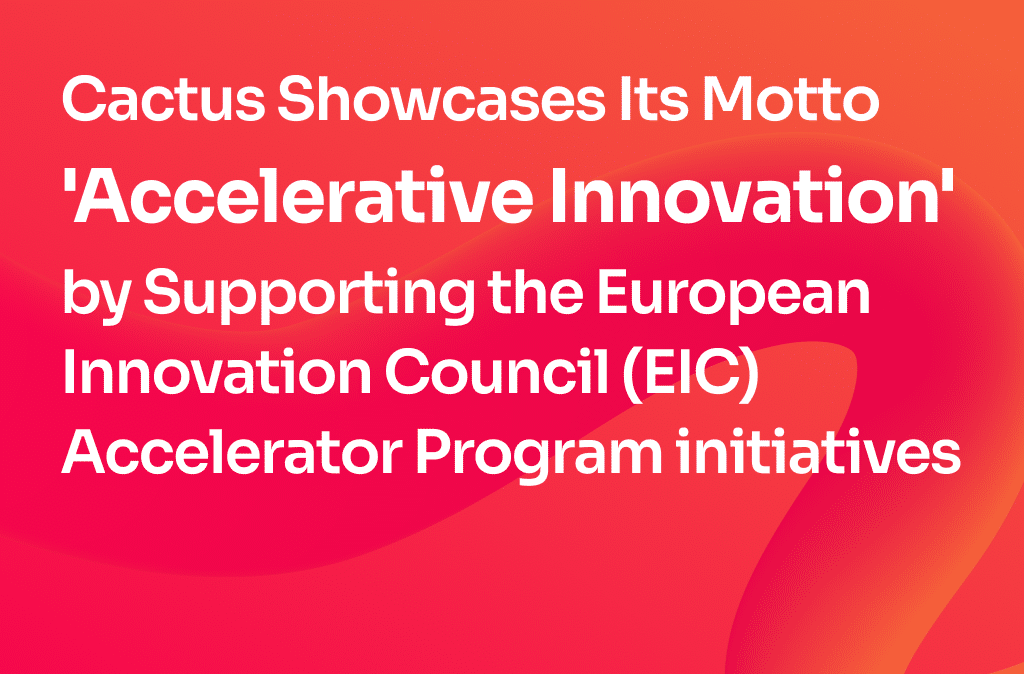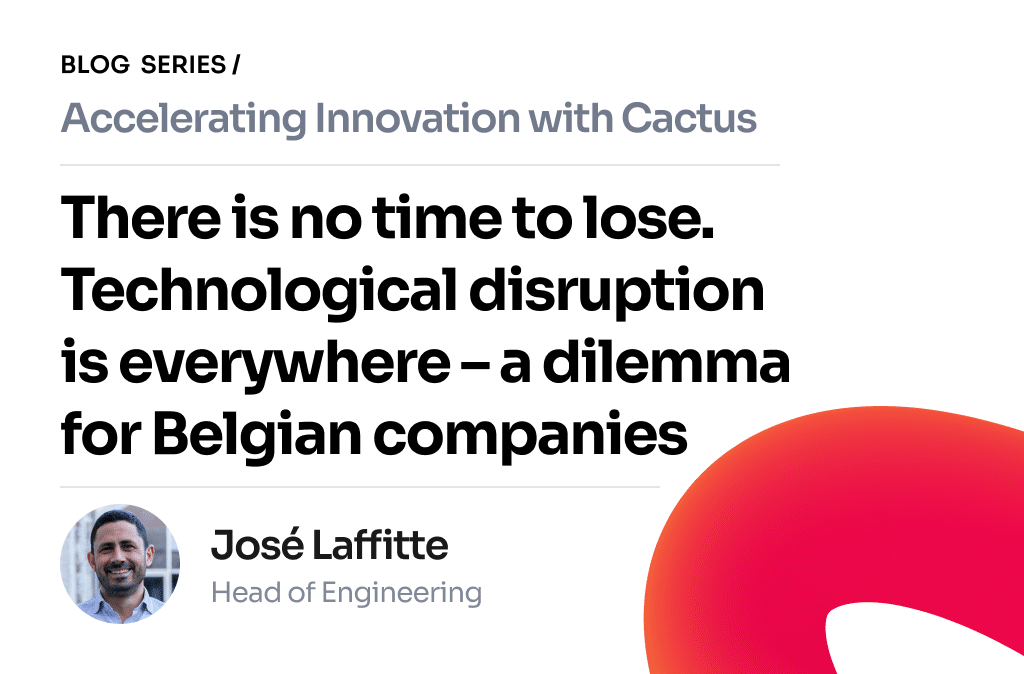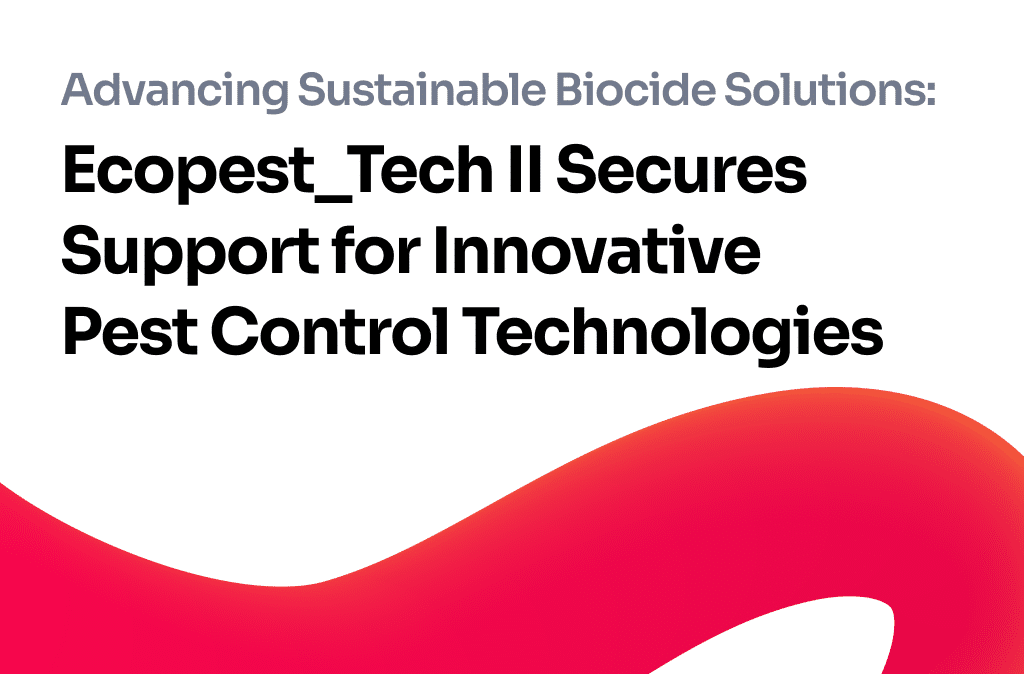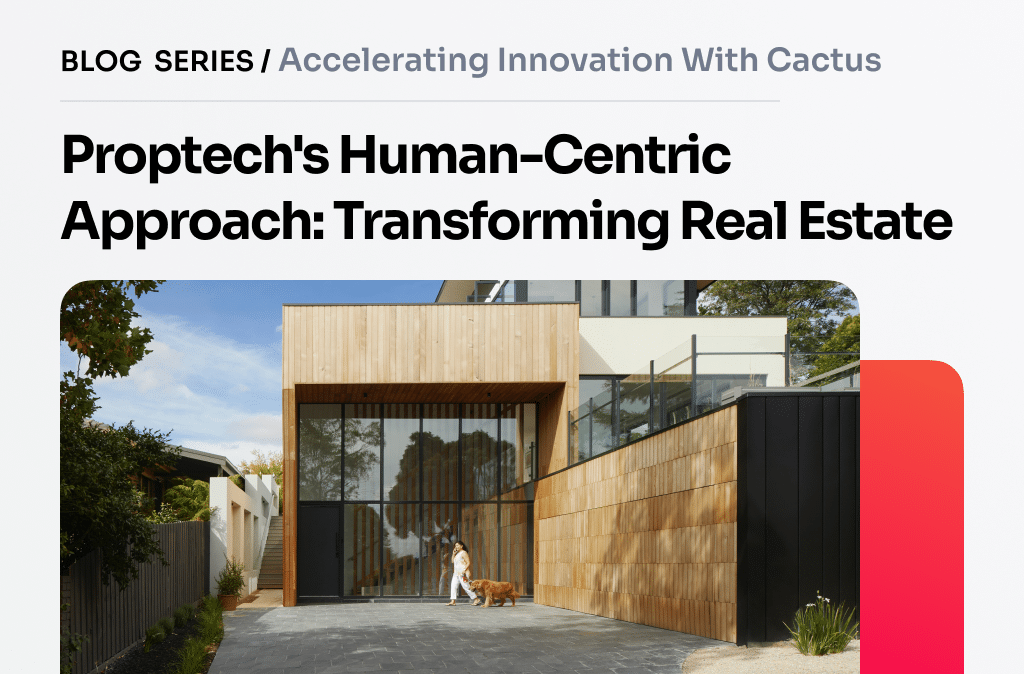Research shows that only around 2% of job applicants make it to an interview. However, recruiters must still scan 100% of all applications (cover letter and resumes) to be able to find that top 2% of candidates.
Not surprisingly, 52% of recruiters say that the hardest part of recruitment is “screening candidates from a large pool of resumes”.
According to Glassdoor, each job posting attracts around 250 resumes. Thus, the top 2% is on average only five resumes. Even though 245 job applicants don’t make it to the interview, the time and energy spent filtering each application is significant.
Although 75% of hiring managers use software to help them with the recruitment and tracking process, most of those companies use software that doesn’t have the potent capabilities that artificial intelligence offers to the recruitment process.
In the worst-case scenario, recruiters analyze each job application without software. They spend an average of just six seconds reading each resume. That means that they read 245 resumes that aren’t in the top 2%. That’s at least 1,470 seconds, or almost 25 minutes per position.
In the average-case scenario, software is only used to track candidates’ applications, not to properly analyze each job application. This takes us back to the worst-case scenario.

Twenty-five minutes spent reading 245 resumes may not seem like much time, but when you consider the aggregate of 25 minutes multiplied by the millions of job openings in the United States alone (a staggering six million vacancies), that amount of time becomes much more relevant and unproductive.
25 minutes x 6 million vacancies = 150M minutes
That sounds like something significant now, doesn’t it? Put it another way, recruiters will spend 312,500 working days in reading resumes that aren’t a good match for those six million job openings.
Now that you can see some urgency and context, the question becomes:
How can the recruitment process become more cost-effective, while still maximizing the quality of candidates that go through to the interview process and ultimately get hired?
The key lies in a tight “collaboration” between recruitment teams and AI technology.
AI is good enough to analyze millions of data points in less than a few seconds. This means that AI-based recruitment software can easily analyze 250 resumes in a few seconds and generate a compatibility matrix.
Such a matrix would allow recruiters to focus their energy and time fully on the top 2%, rather than on screening all resumes that don’t match the requirements of the position.
For this tech–human collaboration to work well and yield its best results, humans (recruiters) must focus on what they can do better: understand candidates’ emotional intelligence, “soft skills” (which aren’t really soft at all), and cultural fit with a specific company.

And then tech would do the dirty work of analyzing words, data, skills, and experience vis-à-vis the requirements of the specific position.
AI-based recruitment software doesn’t replace human recruiters. On the contrary, it augments their capabilities by focusing on the type of activities that humans can do better. We are not good at the details, at quick math, at comparing millions of data points, or at remembering what the first resume was about when reading the 249th one. That’s what software is for.
We are good at talking to people, asking questions, being curious about what and where they want to be, understanding their future potential and not just their past performance, at “feeling” their emotional intelligence and cultural fit with an organization.
That’s what recruiters should be doing, instead of spending seconds, minutes or hours trying to analyze cold, black and white data in a resume.
The collaboration of artificial intelligence and humans to entirely reengineer the recruitment process will be essential in determining which companies reach out and select the best talents and which don’t.
Oh. One more thought: analyzing resumes to match a given position is just 0.001% of all that artificial intelligence could do to enhance the recruitment process.

Enrique Rubio is a Tech and HR Evangelist. He’s passionate about Human Resources, People Operations, Technology and Innovation. Enrique is an Electronic Engineer, Fulbright Scholar and Executive Master in Public Administration with a focus on HR.
Over the past 15 years Enrique has worked in the HR and tech world. A lot of his research and work revolves around the digitization of the workplace and Human Resources. Enrique currently works as an HR Specialist at the Inter-American Development Bank. He’s also the founder of Hacking HR. Enrique is currently building Cotopaxi, an artificial intelligence-based recruitment platform for emerging markets.

